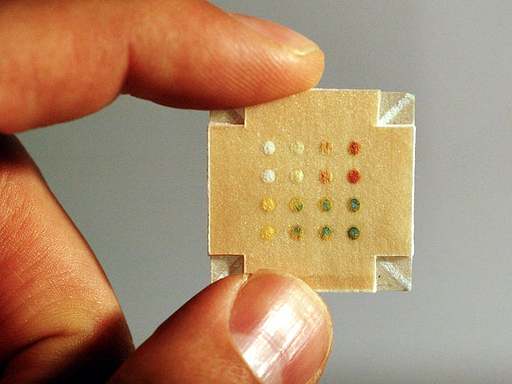
George M. Whitesides
Chemist
In his legendary career in chemistry, George Whitesides has been a pioneer in microfabrication and nanoscale self-assembly. Now, he's fabbing a diagnostic lab on a chip.
Why you should listen
Someday Harvard chemistry professor George Whitesides will take the time to look back on the 950 scientific articles he's coauthored, the dozen companies he's co-founded or the 50-plus patents on which he's named. (He works in four main areas: biochemistry, materials science, catalysis and physical organic chemistry.) In the meantime, he's trying to invent a future where medical diagnosis can be done by anyone for little or no cost. He's co-founded a nonprofit called Diagnostics for All that aims to provide dirt-cheap diagnostic devices, to provide healthcare in a world where cost is everything.Among his solutions is a low-cost "lab-on-a-chip," made of paper and carpet tape. The paper wicks bodily fluids -- urine, for example -- and turns color to provide diagnostic information, such as how much glucose or protein is present. His goal is to distribute these simple paper diagnostic systems to developing countries, where people with basic training can administer tests and send results to distant doctors via cameraphone.
What others say
“Most of the world is self-assembly. We are self-assembled systems.” — George Whitesides

